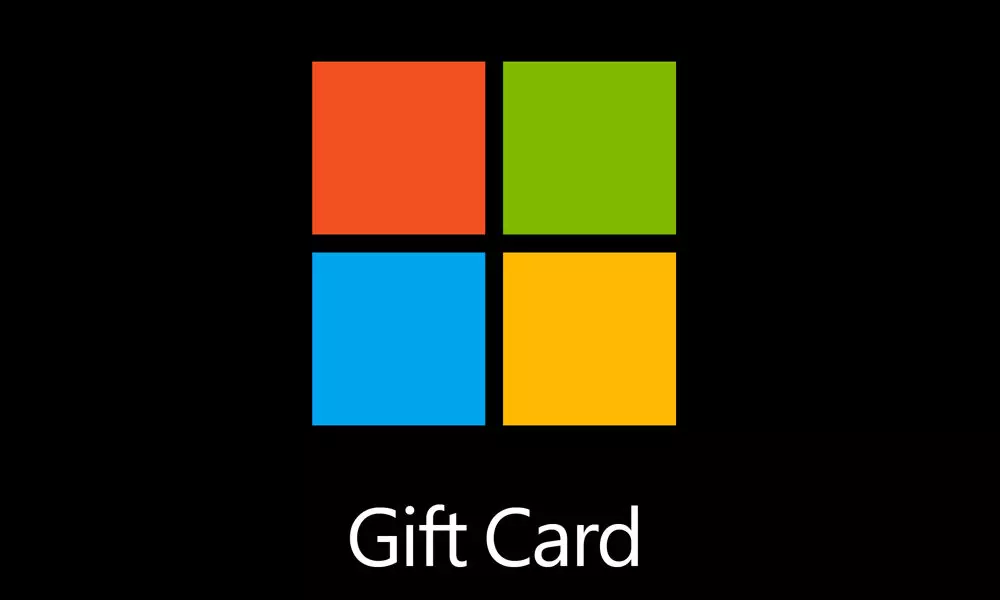The recognition of work achievements requires a balance between professionalism and genuine appreciation. Avoid giving personal gifts that will create discomfort for colleagues or cause them to feel favouritism. giftcardmall balance are available to recipients to make sure they’re getting what they’re expecting. Managers find that gift cards provide tangible recognition without crossing personal boundaries. Achievement celebrations remain appropriate and comfortable when rewards are thoughtful but professional. This approach ensures recognition is meaningful without creating awkward situations in the workplace.
Value transparency clarity
Gift cards display exact monetary values that employees can easily understand and compare across different achievement levels, preventing confusion about reward significance that occurs with physical gifts having unclear market values. A $50 card communicates precise appreciation levels, while equivalent physical gifts might be perceived as worth more or less depending on individual perspectives about item desirability.
- Entry-level achievements receive smaller denominations, establishing baseline recognition standards
- Mid-level accomplishments warrant moderate amounts reflecting increased contribution significance
- Major achievements command substantial values demonstrating proportional appreciation
- Consistent denomination patterns across similar achievements prevent perceived unfairness
- Clear value hierarchies help employees understand which accomplishments earn greater recognition
Transparent value communication helps employees gauge organisational appreciation accurately while providing concrete evidence of achievement worth that can be discussed objectively during performance reviews or career development conversations referencing past recognition patterns.
Personal choice autonomy
Allowing employees to select their own rewards respects individual priorities, financial situations, and personal goals that managers cannot know without inappropriate personal probing. Some employees prioritize practical necessities, others prefer experiences, many want luxury items they wouldn’t purchase independently – cards accommodate these varied preferences without managers guessing incorrectly. Employees facing financial stress might use cards for groceries or gas rather than frivolous purchases, while financially comfortable employees might splurge on entertainment or hobbies. This choice autonomy respects employee dignity by not assuming everyone wants the same reward types or has identical financial circumstances. Cards treat employees as capable adults making their own spending decisions rather than recipients of paternalistic gift selections that might not match actual needs or wants.
Immediate recognition delivery
Digital gift cards allow recognition of achievements instantly without waiting for physical items to arrive or approvals to be completed. This ensures gratitude can be expressed when timing is most important for motivation and encouragement. Immediate recognition after a task strengthens the link between action and reward and supports positive behaviour more effectively than delayed acknowledgement.
- Project completion recognition occurs same-day rather than waiting weeks for plaques or trophies
- Sales milestone celebrations happen immediately when targets are reached
- Client satisfaction achievements receive instant acknowledgement after positive feedback arrives
- Innovation contributions get recognised promptly when ideas are implemented successfully
- Team collaboration victories receive timely appreciation following successful project deliveries
Gift cards prove ideal for work achievement celebrations through professional boundary maintenance, value transparency, personal choice autonomy, immediate recognition delivery, and standardisation across teams that address unique workplace dynamics. These workplace-specific advantages make cards superior to traditional recognition gifts that risk boundary violations, value ambiguity, mismatched preferences, timing delays, or inequitable treatment across organisational units.










